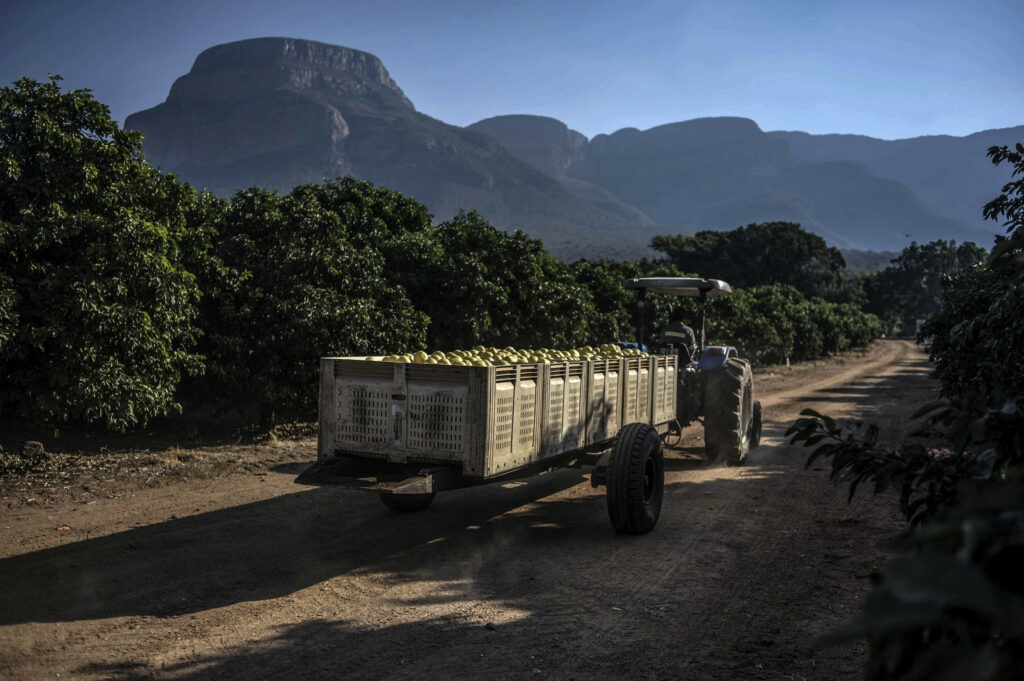Business
South African Farmers Sound Alarm as AGOA Renewal Hangs in the Balance

South African farmers who rely heavily on the United States as an export market are bracing for potential economic fallout as uncertainty grows over the future of the African Growth and Opportunity Act (AGOA).
The once-stable trade agreement, which grants eligible African countries duty-free access to the US market for thousands of goods, now faces possible termination as tensions escalate between Washington and Pretoria.
Last month, US President Donald Trump imposed steep “reciprocal” tariffs on goods from South Africa and other nations he accused of taking advantage of US markets. A 31% tariff on South African imports was announced — only to be paused for three months following industry and diplomatic pushback.
Still, the damage may already be done. Trump has repeatedly made controversial statements about South Africa, including unfounded claims of a genocide against white farmers and a move to grant refugee status to 59 Afrikaners — a decision seen by many as deeply political.
Agricultural Sector at Risk
For South Africa’s agricultural industry, the stakes are particularly high. According to Jannie Strydom, CEO of Agri Western Cape, roughly 75% of all agricultural products exported to the US fall under the AGOA agreement.
“This agreement has been hugely beneficial to the sector,” Strydom told SABC. “But given the current global trade tensions and political environment, I don’t believe AGOA will be renewed. We will need a Plan B.”
Farmers in the Western Cape and beyond depend on AGOA to export fruits, wines, nuts, and other products — all of which would face steep tariffs without preferential trade terms.
Diplomatic Tensions Reach a Head
This week, South African President Cyril Ramaphosa arrived in Washington for a working visit aimed at restoring trade relations and addressing Trump’s growing criticisms. While AGOA was not the sole focus of the visit, sources suggest that preserving the agreement is high on Ramaphosa’s agenda.
Economists and political analysts have also weighed in, urging the South African government to diversify its trading partners and reduce dependence on volatile US policy. Markets across Asia, the Middle East, and intra-African trade under the AfCFTA (African Continental Free Trade Area) are being explored as possible alternatives.
A Looming Deadline
The current version of AGOA is set to expire in 2025, but country eligibility is reviewed annually. Given the sharp deterioration in diplomatic tone — and a growing list of US grievances against South Africa — there’s mounting concern that the country could be delisted before then.
For farmers, the uncertainty is already disrupting planning cycles, harvest projections, and export contracts. Many say the industry cannot afford to wait for final decisions in Washington.
Whether or not AGOA survives in its current form, one thing is clear: South Africa’s farmers and trade officials need to prepare for a shifting landscape. As politics increasingly influence global trade, adaptability and diversification will be key to the sector’s long-term survival.
{Source: IOL}
Follow Joburg ETC on Facebook, Twitter , TikTok and Instagram
For more News in Johannesburg, visit joburgetc.com



























